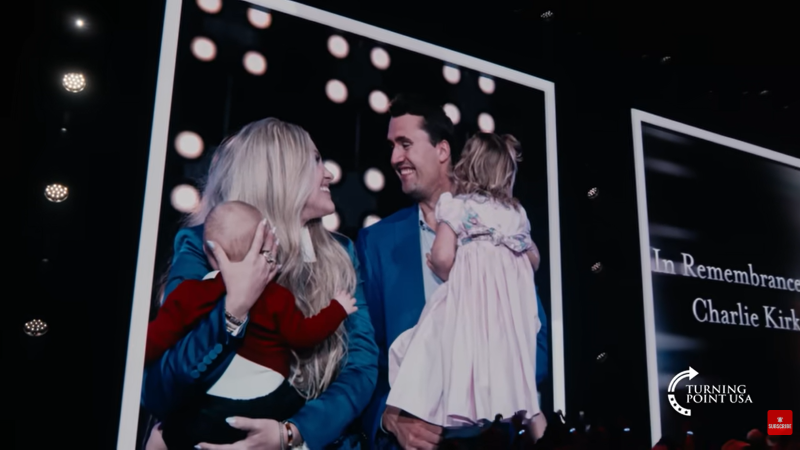Jimmy Kimmel Wasn’t Cancelled, He Was Held Accountable
Sign up for a six month free
trial of The Stand Magazine!
Few terms have been more misused in our public debates than “cancel culture.” What began as a shorthand for online mobbing now serves as a shield for anyone who faces criticism they would rather not confront or consequences for objectively wrong actions. There is a crucial difference between cancel culture and accountability culture—and confusing the two undermines both free expression and the rule of law.
Cancel culture operates without standards. It punishes people for differing viewpoints, jokes taken out of context, or perceived slights against prevailing orthodoxy. The aim is not correction but silencing dissent. Careers can end not because someone spread falsehoods or incited violence, but simply because they offended a volatile consensus or a power group.
Accountability culture, by contrast, is rooted in truth and consequence. When a public figure makes a factually false statement—such as Jimmy Kimmel’s recent on-air mischaracterizations—or when rhetoric glorifies violence like teachers and first responders applauding Charlie Kirk’s murder, society (including both private employers and the state) has the right and the responsibility to respond. Falsehood misinforms the public. Apologists for violence threaten safety and erode civic order. Neither can be brushed aside as harmless.
This distinction matters. Without it, bad actors can deflect rightful criticism and consequences by invoking “cancel culture,” and legitimate efforts to maintain standards are painted as mob justice. The result is a public square where no one takes responsibility, and the line between truth and opinion blurs.
Accountability does not mean silencing disagreement. It means that freedom of speech is accompanied by the expectation of accuracy and responsibility. In a society that values both liberty and order, individuals remain free to speak—but not free from the consequences of knowingly misleading the public or endangering others.
The best path forward is to restore clear standards. It’s far past time our society started imposing them. Consequences should be tied to truth, not to mob outrage or disagreement over ideas or popularity of a person or idea. That is the difference between a society governed by mob opinion and one governed by facts.
(Editor's Note: This article was posted first on American Family News' opinion page HERE.)

Sign up for a free six-month trial of
The Stand Magazine!
Sign up for free to receive notable blogs delivered to your email weekly.



















